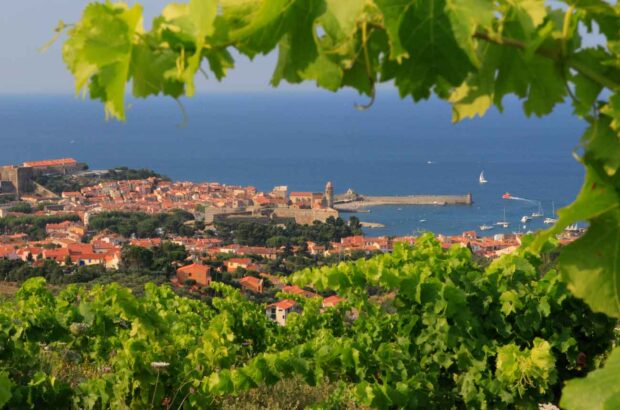Wasp venom found in very young wine can cause severe allergic reactions, say doctors in Spain.
Doctors at the Rio Hortega hospital in Valladolid, Spain, treated five people who had developed allergic reactions as a result of drinking wine or grape juice.
Although four of the patients suffered facial flushing, swollen lips or difficulty breathing, one developed anaphylaxis, an allergic reaction that rapidly constricts the airways and can cause death within minutes if left untreated.
All five patients survived and were subsequently tested to find the cause of the allergic reactions. Although the allergens were originally believed to be linked to sulphites, egg whites, used in fining wine, or grape extract, these were ruled out and further tests revealed a link to bee or wasp stings.
None of the patients reported being stung but all were linked by having drunk either wine or grape juice. Subsequent tests showed that trace amounts of wasp venom in the drinks had provoked the reactions.
‘It is likely the insects fell into the grape juice when the grapes were being pressed,’ Dr Alicia Armentia at the Rio Hortega told medical publication the New Scientist.
However, she suggested that the risk was minimal and only present in very young wines, both red and white, as the proteins in the venom would deteriorate after several weeks ageing.
Dr Alicia Armentia’s full report, entitled Wine-Induced Anaphylaxis and Sensitization to Hymenoptera Venom appears in the The New England Medical Journal today.
Written by Oliver Styles





